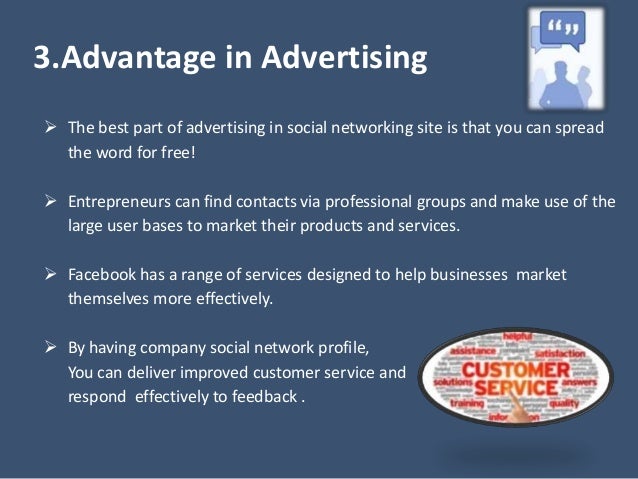
Social Networking Privacy Issues & Exposure Pdf
Aplikasi player video c3. General privacy tips for using social networks. Become familiar with the privacy settings available on any social network you use, and review your privacy settings frequently. On Facebook, for example, you may want to make sure that your default privacy setting is 'Friends Only'.
AFP/Getty Images Every time you search online for the best restaurant deal, share good news or bad with your Facebook friends, or tweet to your followers, your 'audience' is bigger than you know. That's because your every online move leaves cyber footprints that are rapidly becoming fodder for research without you ever realizing it.
Using social media for academic research is accelerating and raising ethical concerns along the way, as vast amounts of information collected by private companies — including Google, Microsoft, Facebook and Twitter — are giving new insight into all aspects of everyday life. Just consider that mining online communication has already helped Microsoft identify women at risk of postpartum depression. It's also allowed Facebook to study how parents and kids interact. The possibilities appear limited only by the imagination of the researchers, which is why such issues were in the spotlight recently at a meeting of social and personality psychologists.
They gathered to concentrate on what's ahead amid concerns that some users of these sites may not like that their behavior is under the microscope. Even as this mining of huge digital data sets of collective behavior is on the rise, the word 'caution' is coming from all sides. 'Be aware it is a space that is watched,' says social psychologist Ilka Gleibs, an assistant professor at the London School of Economics in London, whose study about social networking sites for research field studies has been drawing attention since it went online in January in the journal Analyses of Social Issues and Public Policy. 'Facebook is transformed from a public space to a behavioral laboratory,' says the study, which cites a Harvard-based research project of 1,700 college-based Facebook users in which it became possible to 'deanonymize parts of the data set,' or cross-reference anonymous data to make student identification possible. 'Sometimes it's easier than we think to identify this data,' she says. 'I'm not saying no one should ever do this kind of research, but I'm saying we should be more cautious when we use this data.'
Some of Facebook's research on user behavior found that 71% of people drafted at least one post that they never posted. Another analyzed 400,000 posts and found that children's communication with parents decreases in frequency from age 13 but then rises when they move out. Facebook data scientist Adam Kramer, of the Menlo Park, Calif.-based company, outlined what the company is learning as part of the Society for Personality and Social Psychology meeting in Austin. Its president, social psychologist James Pennebaker, of the University of Texas-Austin, says privacy is a big issue for the research world. 'Facebook especially, and Microsoft, is scared to death about privacy issues,' he says.

'A bunch of researchers have access to everybody's posts and Facebook is built on what's yours is private. They are struggling with the problem the same way as the scientific community.' Attorney and privacy expert Parry Aftab, of New York City — a member of Facebook's Safety Advisory Board — suggests that users shouldn't worry because the very large companies such as Twitter, Google, Microsoft and Facebook have privacy policies for users.
'The sites will never provide personally identifiable information unless they have the consent of the users. And there is legal recourse if they're using it in any other way,' she says. But Facebook aficionados might recall that the company has had to backtrack on its privacy policies — more than once. Indeed, a University of Vienna study published in the journal Cyberpsychology, Behavior, and Social Networking, found almost half of Facebook users who left the site said it was over privacy concerns. Caution isn't only about those on such sites, says J.B.
Pendekar awan dan angin serial. Michel, of Brooklyn, N.Y., a visiting researcher at Harvard University and co-author of Uncharted: Big Data as a Lens on Human Culture, published in December. Researchers who use these large sets of data 'need to be especially cautious about the quality of the data and the error it can produce.' 'It's easier to think you have found something,' he says. 'There are fewer data errors. But it's easy to misinterpret these data.'